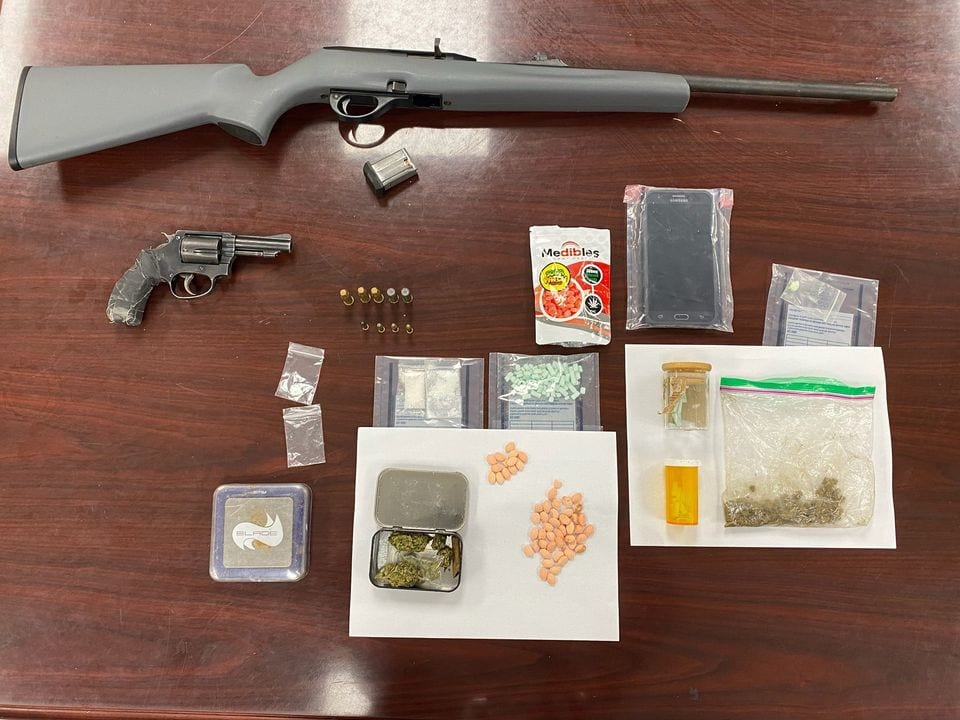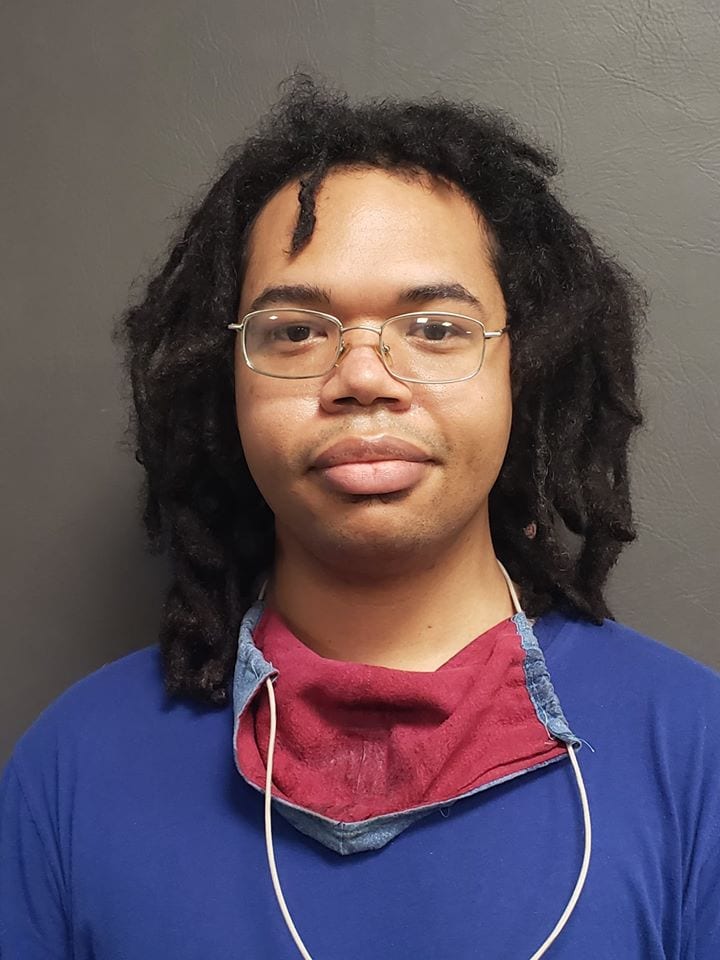100.1 FM ~ 1450 AM ~ WIZS, Your Community Voice ~ Click to LISTEN LOCAL
-Information and photos courtesy the Franklin County Sheriff’s Office
On August 25, 2020, the Franklin County Sheriff’s Office Special Operations Group arrested Ohio residents, Sivad Boykin, Cadiz Harper, and Jerron Smith, on multiple drug charges.
The arrest came after the Franklin County Sheriff’s Office Drug Unit determined Boykin, Harper and Smith were involved in trafficking Methamphetamines in Franklin County. The investigation led detectives to the Days Inn in Louisburg, NC where a search warrant was executed on a room that was rented by Boykin.
The arrests and search warrant execution resulted in the seizure of approximately 484 grams of Methamphetamines and US Currency. The street value of the drugs seized is approximately $135,000.
Sheriff Kent Winstead stated, “These arrests and the seizure of this quantity of Methamphetamines, certainly make our communities safer. This investigation developed as a result of the partnerships our Special Operations Group has with other local, state and federal partners who are working together to remove these dangerous and addictive drugs from our communities.”
Charges include:
Sivad Xavier Boykin (29)
1596 Ballinger Ave. SE
Massillon, OH 44646
Trafficking in Methamphetamines (2 counts)
Sivad Brown was placed in the Franklin County Detention Facility under a $600,000 secured bond.
Cadiz Jon Harper
525 Tremont Ave. SW
Massillon, OH 44646
Trafficking in Methamphetamines
Conspiracy to Traffic Methamphetamines
Cadiz Harper was placed in the Franklin County Detention Facility under a $500,000 secured bond.
Jerron T. Smith
1003 Johnson St. SE
Massillon, OH 44646
Trafficking in Methamphetamines
Conspiracy to Traffic Methamphetamines
Jerron Smith was placed in the Franklin County Detention Facility under a $500,000 secured bond.
The Special Operations Group was assisted in this investigation by the Drug Enforcement Administration and the Louisburg Police Department.
For more information concerning this investigation or to report drug activity in your neighborhood, please contact Sgt. Ken Pike at (919) 496-2186.

















